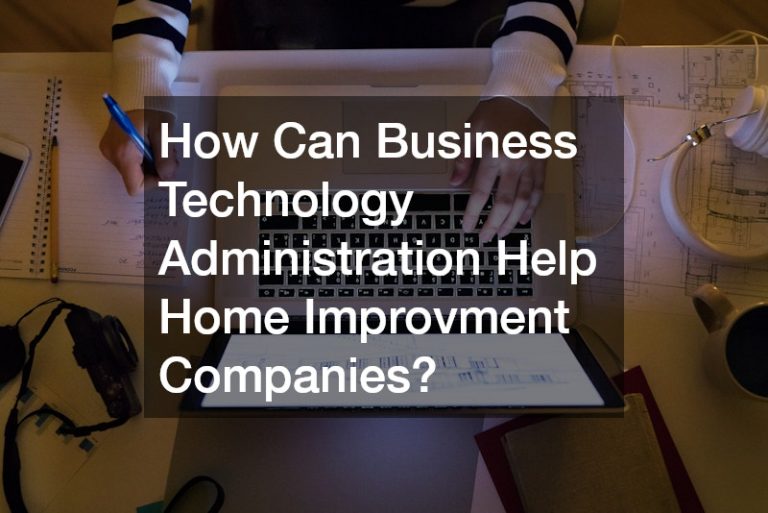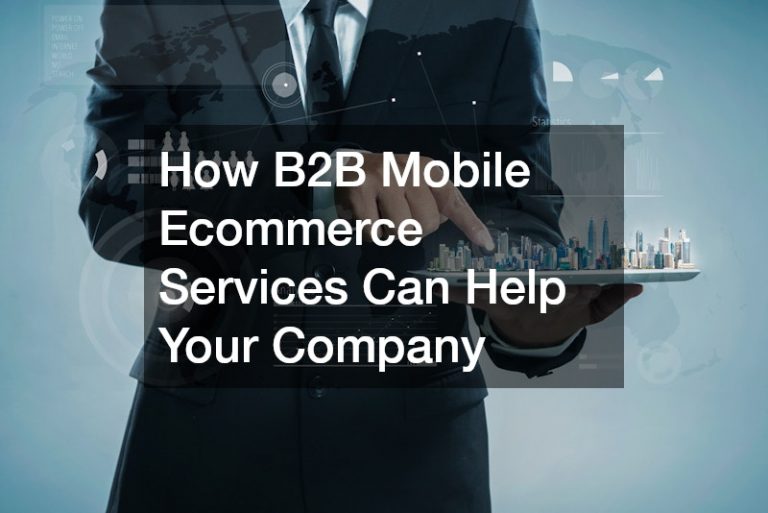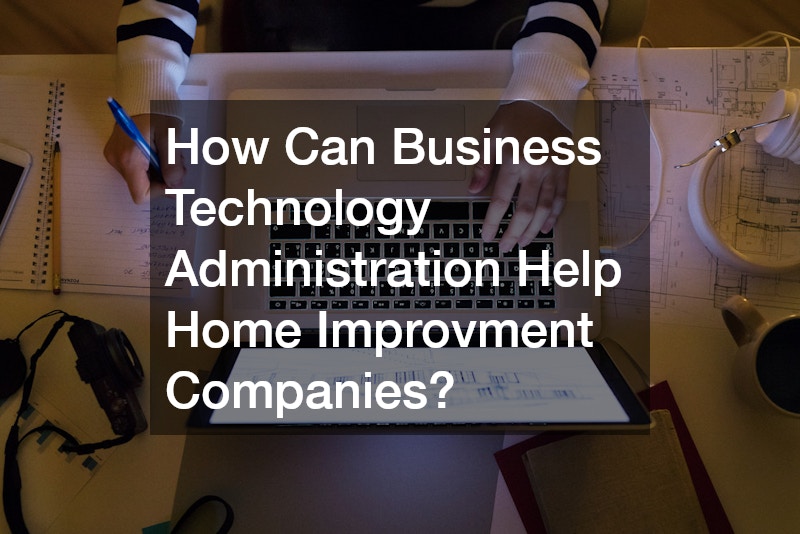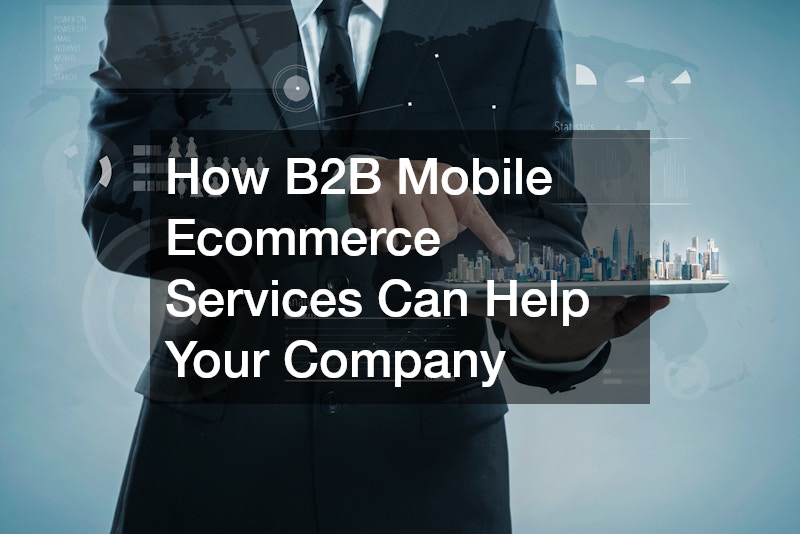For a few years, digital preparedness has been a prominent subject. Advancements in technical solutions and the benefits they bring to the table have led to a quick boom in digital adoption. Although the private sector was the early adopter, digital solutions are now equally adopted by solopreneurs and the government sector.
To simplify and automate daily operations, the government has turned to modern-day solutions. This is because of the sudden outbreak of covid-19, which forced them to evolve for good. Such a transition is an ongoing process, and the following are some of the most significant patterns seen in the public sector.
The Latest Tech Trends in the Public Sector
Covid-19 is not the only factor that has compelled government agencies to embrace automation. The other two elements that challenge the public sector are public expectations and tech-driven human behavior. However, such a shift unboxed several benefits for federal agencies, as explained in the further sections.
1. Cloud computing
The government and public sector entities have migrated to cloud computing to take advantage of the several significant benefits it brings. For instance, ServiceNow government implementation has assisted the government in keeping track of large databases without any need for direct administration. Such effective cloud software has reduced expensive hardware and upkeep while boosting efficiency and lowering expenses. Additionally, costs are calculated on a functional ground in the cloud system, offering nearly limitless expansion.
Also, such independent cloud computing provides the highest operational flexibility, allowing employees to obtain information from anywhere safely. This enabled the public sector to keep focusing on its daily operations despite the closure of physical premises. This has undoubtedly influenced data handling to be more efficient, mobile, and secure.
2. Artificial intelligence
Most government operations are now painless and smooth, thanks to artificial intelligence. Because of AI, the public sector now provides personalized solutions to people. AI streamlines tedious everyday activities like data collecting and other administrative functions. Such automation saves the public sector significant time, which is then invested in other essential activities.

In addition to gathering data sets and other critical information, AI does quick analyses that assist the government in strengthening its decision-making power. AI is more effective in the public sector for identifying crime, particularly tax-related fraud. So, in general, the public sector benefits from the proper application of machine learning, robotics, artificial vision, and speech recognition.
3. Blockchain
Blockchain enables the government to pool information via a shared database that is encrypted. This prevents a failover while also safeguards confidential material. It assists the public sector in reducing traditional issues such as fraud and distrust from citizens. With blockchain implementation, businesses and governments can leverage the following benefits:
- The decline in crime rates and corrupt activities
- Improved trust and accountability between the citizens and the public sector
- Significant cost savings due to no labor-intensive process required
- A secured space for storing and preserving sensitive information
Blockchain is a great asset to the public sector since it handles all decentralized database types. The key ones involve health care, digital currency, taxes, land registration, polling, identity administration, legal body management, supply chain transparency, company registration, and so on.
4. AR-VR
One of the most significant departments for the government is to handle the defense. They need to train their soldiers while ensuring optimal safety. Both augmented reality and virtual reality have proven to be a boon here. These innovative solutions enable the government and military forces to simulate real-world war scenarios to provide the best training to the new candidates. Defense projects, disaster response, fire department, staff training, emergency services, and other pursuits are examples of such experiences.
Augmented and Virtual Reality also help the government with entertainment, whether through a television channel, an orchestra, a radio station, or anything else. The most spectacular way the public sector has exploited this trend is by delivering historical experiences of art museums and monuments to a broad audience in the hopes of bringing culture to life.
5. Digital accessibility
Digital accessibility is the exchange of knowledge via digital products such as websites and mobile applications in a way that is consumable by everyone, regardless of existing disabilities. With everything becoming digital and more tech-savvy, governmental sectors recognized the importance of having a virtual information-sharing space, such as a website. People no longer have to rely on others or make painful phone calls to answer their civic questions. Instead, users perform a single search engine query and are exposed to all relevant information from reputable websites.
These developing breakthroughs in the public sector are significant. However, they are reliant on a successful ethical and technical change within an institution. Both of these are challenging, but still, many public sector organizations are excelling.









